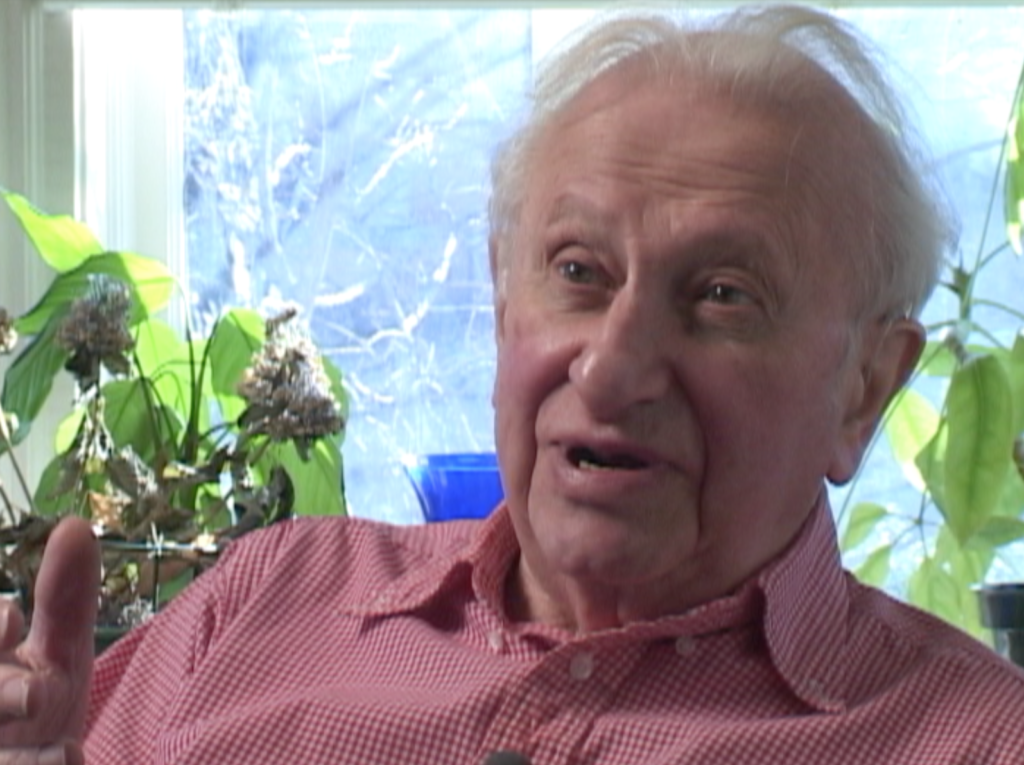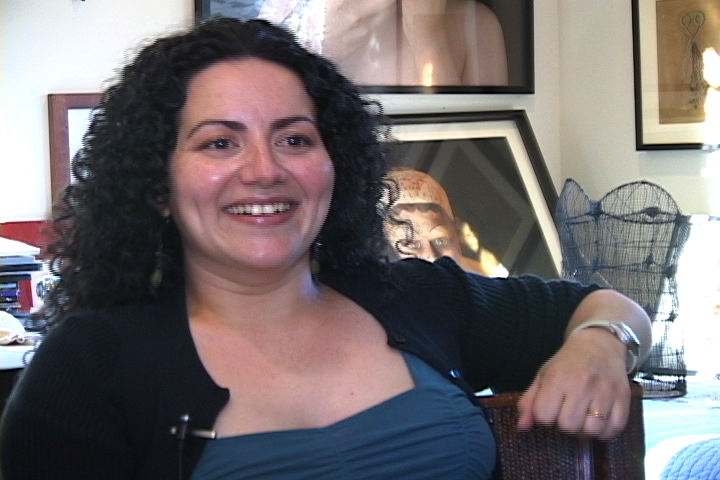
Late Radio Host
Studs Terkel
“The former Grand Cyclops of the Ku Klux Klan, C.P. Ellis, led me to feel that anybody can change, depending on circumstance and fortune or whatever may be the case. It wasn’t a metamorphosis; it was just a gradual series of epiphanies, you might say, a gradual series of discoveries of how he was being used by the big boys. He was poor and all of his life was miserable. He felt that he failed – and who’s to blame? Well, he’d been taught all of his life: “the n—er,” that’s what the guys told him. So he joins the Klan.
Now it’s the 1960s, the civil rights movement’s just beginning, and there was a certain woman in his town, a black woman, name was Ann Atwater. They would hate each other with such rage, and he used to break up her picket lines, these picket lines trying to persuade, force the department stores of Durham, North Carolina, to hire black clerks. Then one day things happen, and these two find themselves in the same boat: She has a girl going to school, he has a boy going to school, and they realize they’re both being used. From then on, through knowing her and working with her and the experiences that they shared, he became a spokesman for civil rights and civil liberties, and he found himself as a person. It was also going to visit her church and hearing some of that music that he found familiar. He’s a white churchgoer, but some of the hymns are similar, like “Beulah Land.” “Beulah Land” is both a black and a white song – “Oh, Beulahland,” and as they were swinging, he was tapping his foot. And she said to me, “I knew I had him going then.” You might say his soul was touched.”

Artist
Elsa Mora
When I was living in Cuba, in 1992, I was going through a very hard time. I had just graduated from the art school. The country was in a very difficult situation, a big crisis. People used to call that period “Option Zero.” We didn’t have any food. The transportation was horrible. I was living in a very small place. I was really desperate. I didn’t have any money. I didn’t have anything. My brother had left the country in a very crazy way – in a boat – so I was really depressed. I even thought about committing suicide.
I thought I have to do something. I have to create something. I started working on a little painting. I remember very well that the title was “All You Have is Your Soul, Todo Lo Que Tienes Es Tu Alma.” This was a very small figure, a woman without arms but with many feathers. I was just trying to forget about everything and focus on this little painting, and I realized that during the process, I was getting stronger and stronger. I thought wow, this is very funny. My soul just saved my life, because I was realizing that in the end, when you’re lost, desperate, depressed, you still have that little something called soul. It’s something that you can never lose. You can lose all the material things in your life, your hopes, everything, but you don’t ever lose that thing that is really the essence of what you are.”